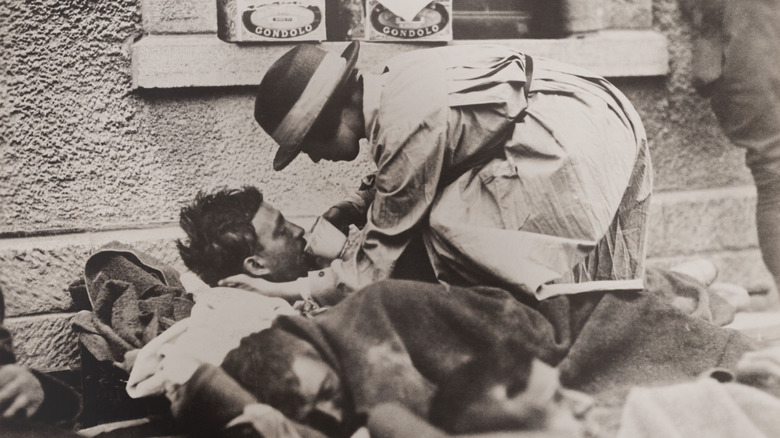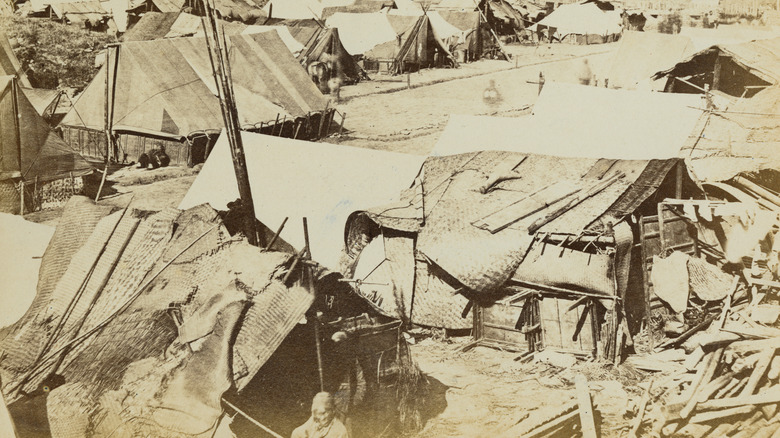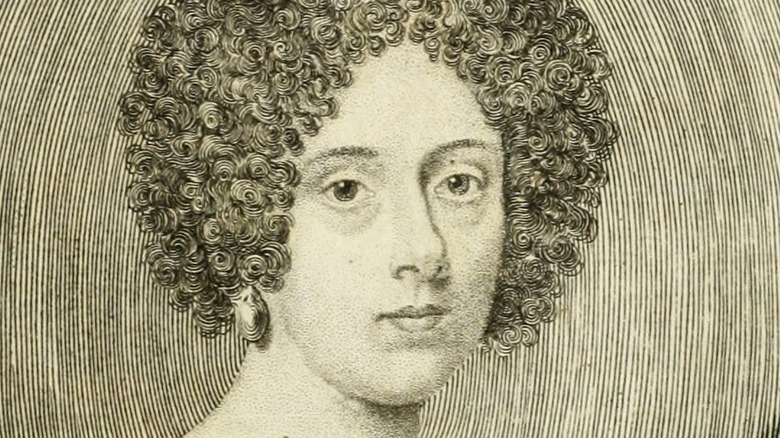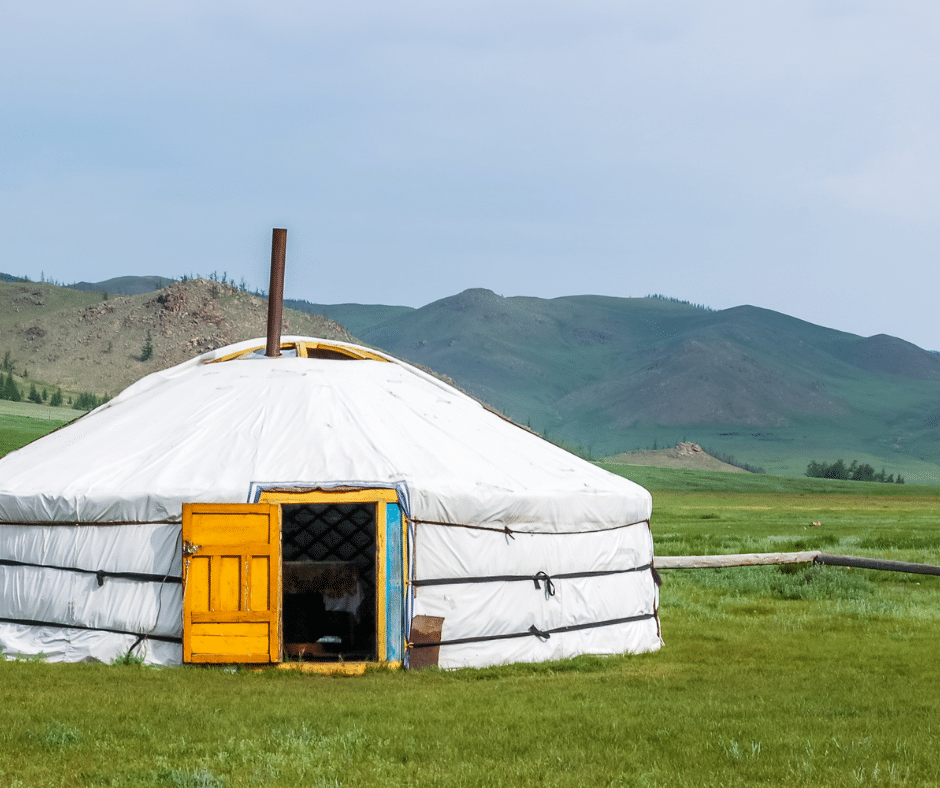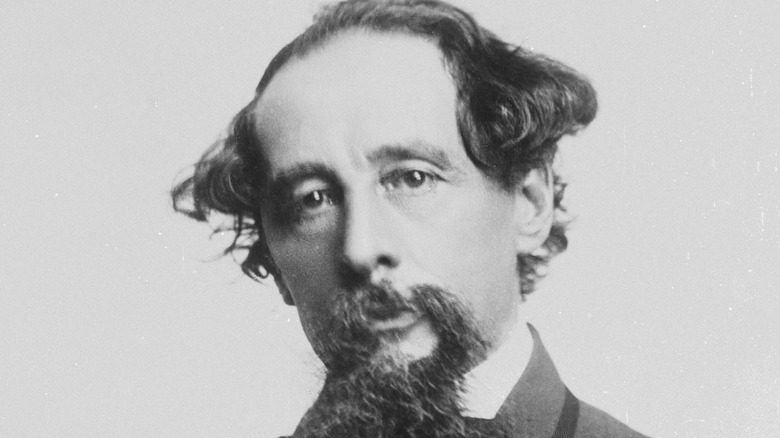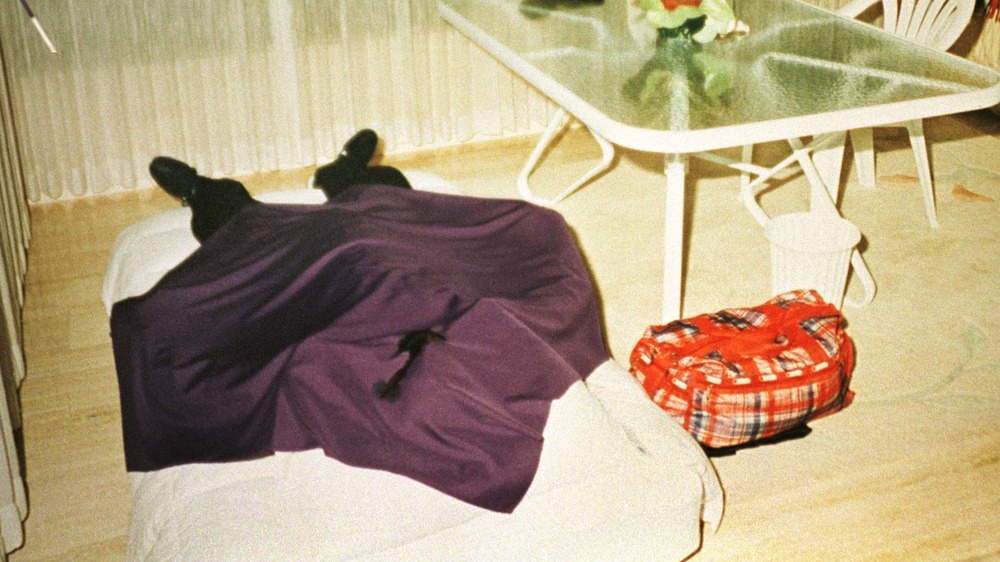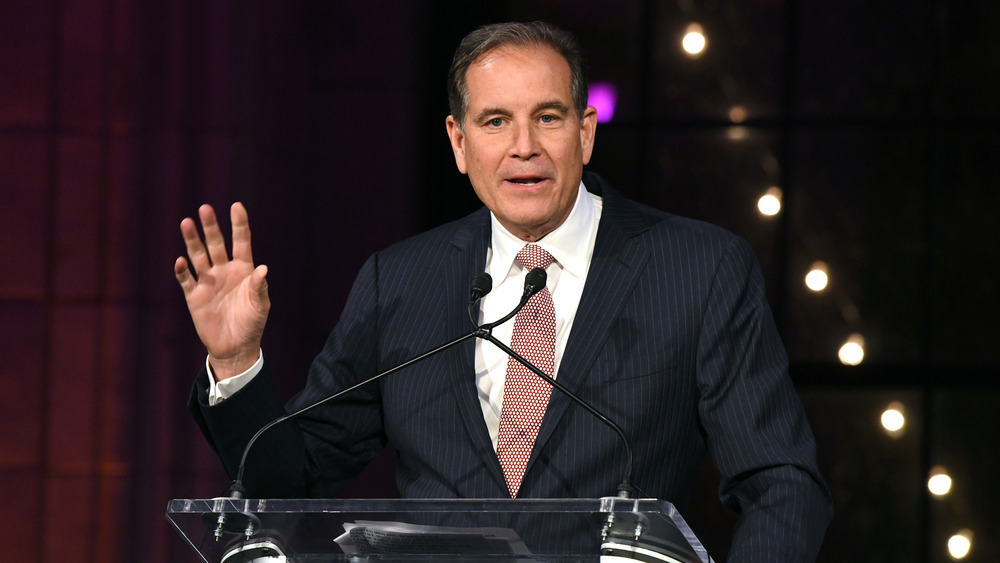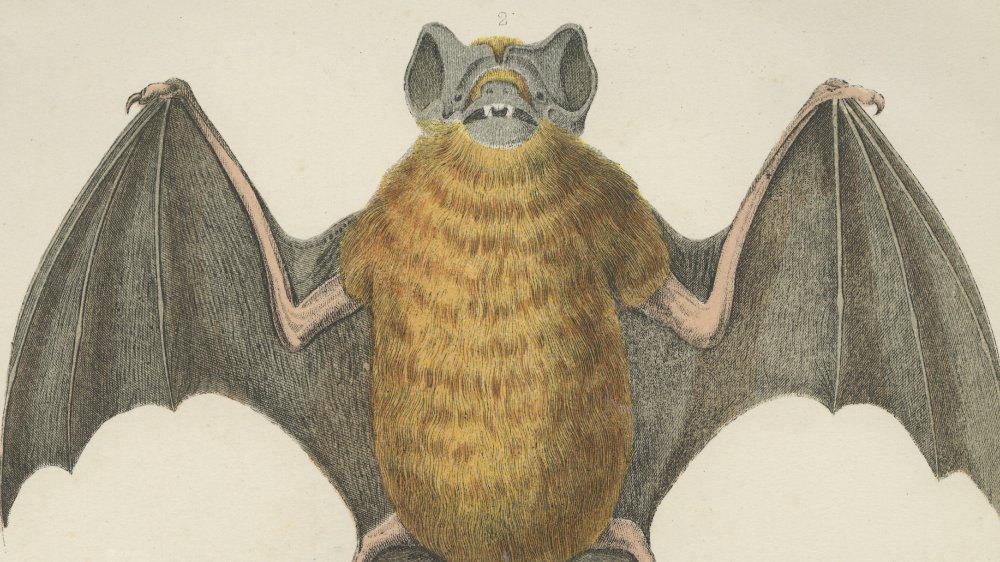
What The World Would Look Like If World War I Never Happened
World War I was the product of Europe’s principal powers forging webs of alliances amongst themselves, pledging to defend one another in the event any were invaded. These competing networks, combined with long-standing ethnic and border rivalries, exploded with the assassination of Archduke Franz Ferdinand. The war claimed the lives of 20 million people and lead to national, social, and technological changes that fundamentally defined the 20th and 21st centuries. What then, would the world be like if this massive conflict had never happened? Assuming a comparable war does not occur in its place, a world where World War I never happened would come with many positives and negatives (via Seeker.com).
Without the war, the more infamous genocides of the 20th century would not occur. In this scenario, Germany never sends Vladimir Lenin back from his Swiss exile to destabilize Russia, leading to the Soviet Union’s many purges and liquidations. Nor would the Nazi Party form (at least as it did), since its genocidal goals were shaped by anger toward Germany’s surrender and subsequent anti-Semitic explanations for why they lost (via Britannica). Even Italian fascism likely wouldn’t materialize, as the war is what led Mussolini to formulate his own dictatorial ambitions (via History). The Middle East would likely not see the chaos it has in our world either, since the 20th century Armenian Genocide and Franco-British carving of the region’s current borders were the result of the Ottoman Empire’s decline and defeat, respectively (via Smithsonian Magazine).
While mortality rates would go down without WWI, so would quality of life
While World War I led to many atrocities across the globe, it did have its silver linings in terms of medical and social advancement. According to the BBC, often fatal conditions such as broken thigh bones, open wounds, and viral infection were rendered survivable by advancements in treatment that came about because of the war. Without the global conflict, procedures we take for granted would have likely taken far longer to materialize, if at all. In general, the technology gap would become even more apparent with the absence of WWII, where helicopters, rockets, jets, computers began to take familiar shapes.
The Great War also led to an unprecedented rise in women assuming male occupations in factories and farming. While many left these fields after the war, this experience with egalitarianism led to many women’s rights groups pushing for greater equality in government and society. Gender equality likely would have been heavily sidelined by a lack of pressure on governments to allow women into such professions. That is if women’s suffrage even remains a guarantee in this scenario, as Europe’s less-than-democratic monarchies would last far longer without World War I to tear them apart.

Disturbing Details Found In The Bodies Of The Toolbox Killer's Victims
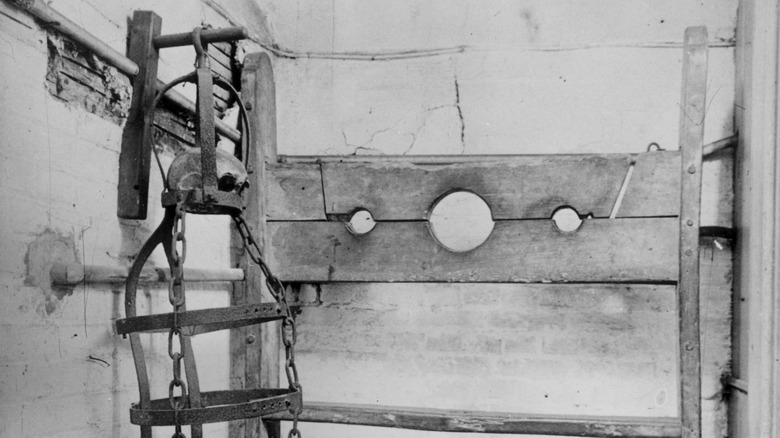
The Dark History Of Death By Gibbet
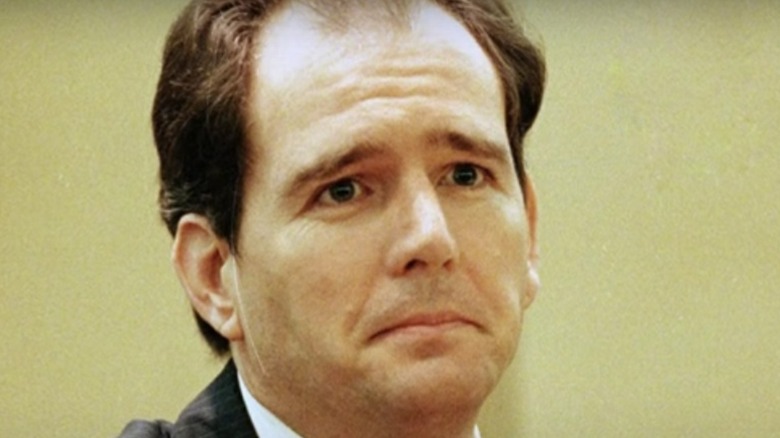
The Untold Truth Of Danny Rolling, The Gainesville Ripper
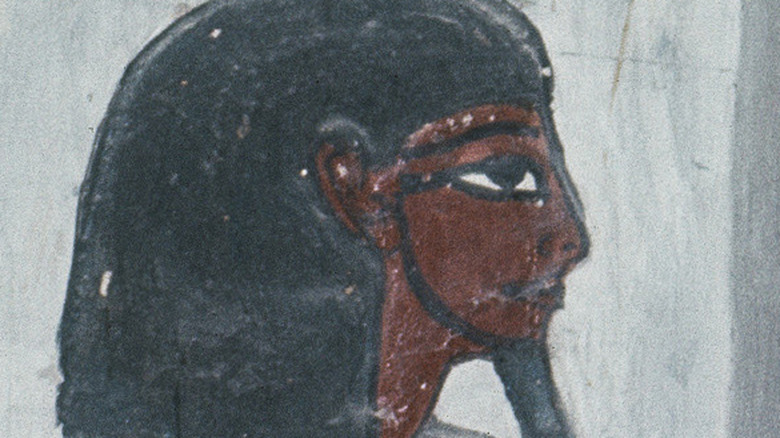
These Ancient Cures For Balding Were Too Bizarre To Believe
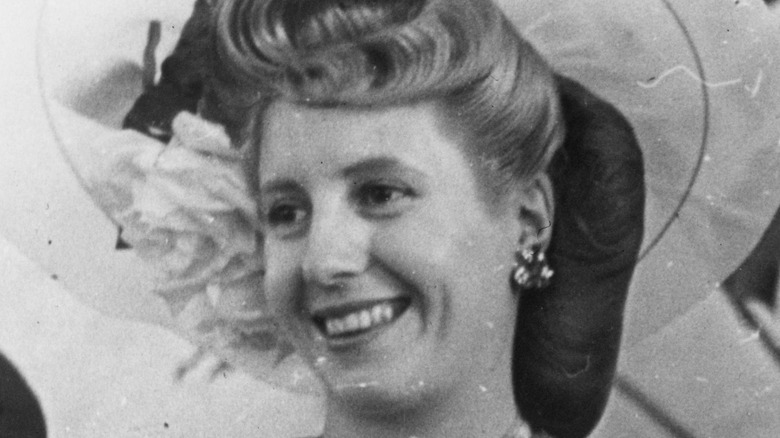
Evita's Body Was Stolen. Here's What Happened

The Tragic Death Of Rust Epique From Crazy Town

The Truth About The Pope's Plane

Tricks The FBI Uses To Interview Serial Killers
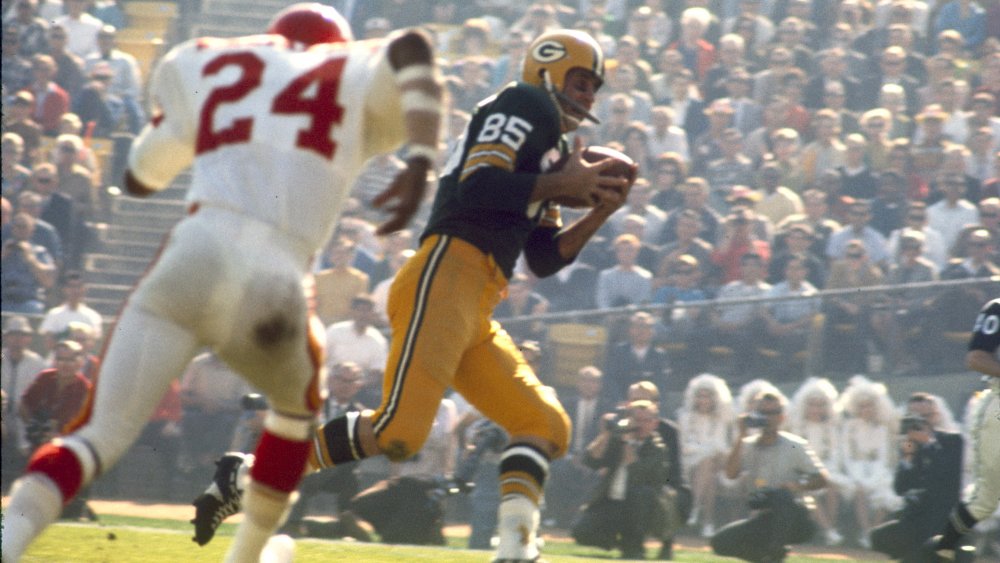
The Time A Hungover Player Led His Team To Win The Super Bowl

The Real Reason Don King Sued ESPN
